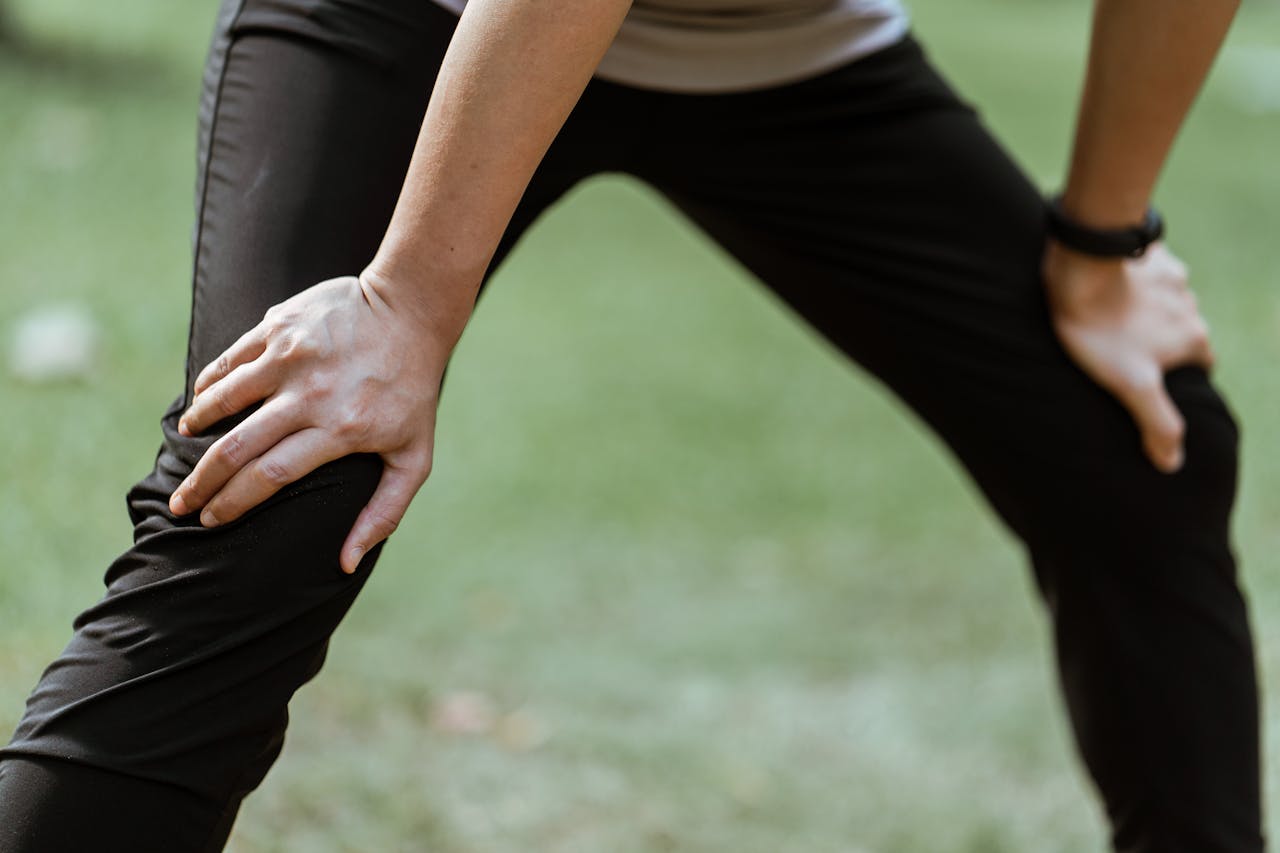You're strolling through the park, ascending a flight of stairs, or perhaps settling into your favorite armchair when suddenly, your knee emits an unexpected "click" or "pop." It's a sound that can be as startling as it is perplexing. But what does this audible anomaly signify? Is it a benign quirk of your anatomy, or a harbinger of something more sinister lurking within your joint?
Understanding the Symphony of Knee Sounds
The human knee, a marvel of biological engineering, often produces a variety of sounds during movement. These auditory emissions, medically termed "crepitus," can range from harmless to indicative of underlying issues. In many instances, these noises are simply the result of gas bubbles within the synovial fluid—the lubricant of our joints—bursting due to pressure changes. This phenomenon is akin to the cracking of knuckles and is generally considered innocuous. However, not all knee sounds are created equal. Distinguishing between benign and potentially problematic crepitus is essential for maintaining joint health.
When to Raise an Eyebrow: Signs of Concern
While occasional knee clicking without accompanying discomfort is typically harmless, certain symptoms warrant closer attention. If the clicking is frequent, accompanied by pain, swelling, or a sensation of the knee "giving way," it could signal underlying conditions such as meniscus tears, ligament injuries, or the early stages of osteoarthritis. A study published in the *Journal of Orthopaedic Research* found that individuals experiencing persistent knee noises were at a higher risk of developing symptomatic knee osteoarthritis within a year. Therefore, it's prudent to monitor these sounds, especially if they are accompanied by other concerning symptoms.
Common Culprits Behind the Clicks
Several factors can contribute to knee clicking. One prevalent cause is the misalignment of the patella (kneecap) as it tracks along the femur during movement, leading to a condition known as patellofemoral pain syndrome. This misalignment can cause the patella to rub against the femur, resulting in a clicking or popping sound. Another common issue is meniscus tears, where the cartilage cushioning the knee joint becomes damaged, often producing a clicking sensation during movement. Additionally, ligament injuries, such as anterior cruciate ligament (ACL) tears, can lead to instability and associated knee noises. It's essential to identify the specific cause to determine the appropriate course of action.
The Role of Arthritis in Knee Noises
Osteoarthritis, often dubbed the "wear and tear" arthritis, involves the gradual degeneration of cartilage within the knee joint. As this protective tissue erodes, bones may begin to make contact, leading to audible sounds during movement. Research indicates that individuals reporting frequent knee noises are at an increased risk of developing osteoarthritis symptoms. Therefore, if knee clicking is accompanied by pain, stiffness, or swelling, it's advisable to consult a healthcare professional for a thorough evaluation.
When to Consult a Professional
If your knee clicking is accompanied by persistent pain, swelling, or a decrease in mobility, it's time to seek medical advice. A healthcare provider can perform a comprehensive assessment, which may include physical examinations and imaging studies, to determine the underlying cause. Early diagnosis and intervention can prevent potential progression of joint damage and alleviate discomfort. Remember, while occasional knee noises are often harmless, persistent or painful clicking should not be ignored.
Maintaining Knee Health: Tips and Strategies
To keep your knees in optimal condition, consider incorporating regular low-impact exercises such as swimming or cycling into your routine. These activities strengthen the muscles supporting the knee without placing excessive stress on the joint. Maintaining a healthy weight is also crucial, as excess body weight can increase the strain on your knees, potentially leading to joint degeneration over time. Additionally, practicing proper form during physical activities and avoiding sudden increases in exercise intensity can help prevent injuries that might cause knee clicking. If you experience discomfort during specific movements, consult a physical therapist for personalized guidance.
In many cases, knee clicking is simply a benign quirk of our complex anatomy. However, staying attuned to your body's signals is vital. If the symphony of snaps, crackles, and pops is accompanied by discomfort or functional limitations, don't hesitate to consult a healthcare professional. After all, while some noises are just part of the body's natural soundtrack, others may be cues to take proactive steps in preserving your joint health.
Footnotes
Journal of Orthopaedic Research, 2024; American Academy of Orthopaedic Surgeons, 2024; Arthritis Foundation, 2024













